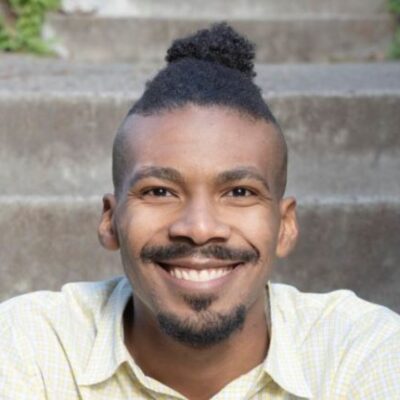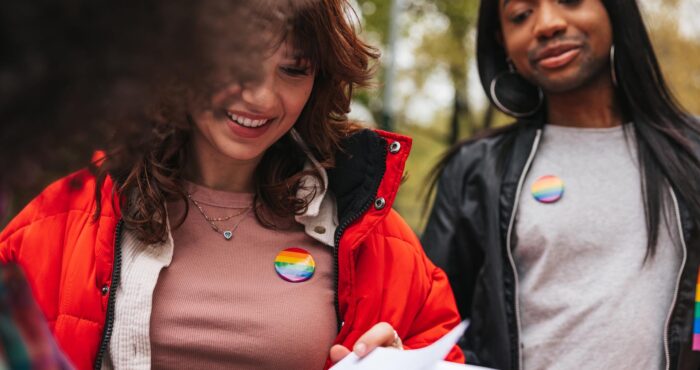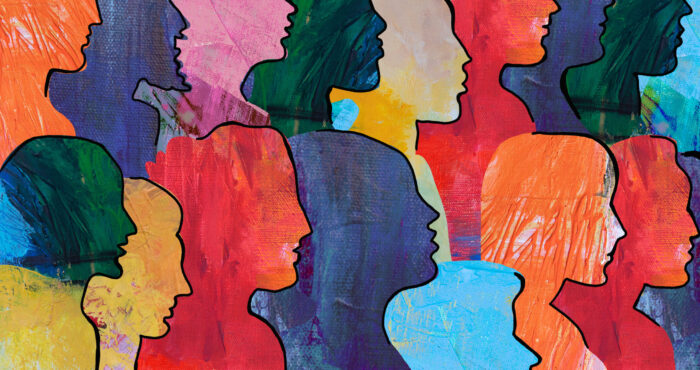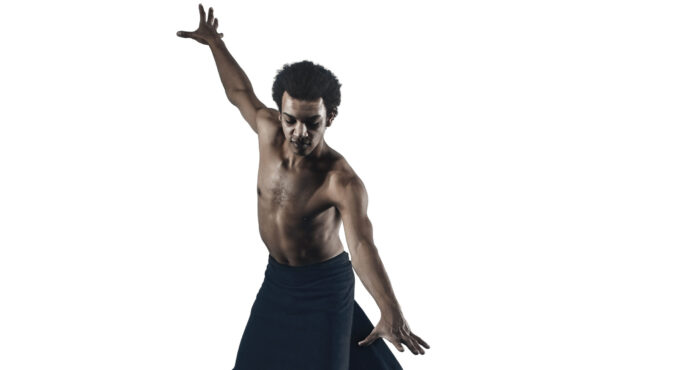Adela Vázquez didn’t just witness history–she shaped it
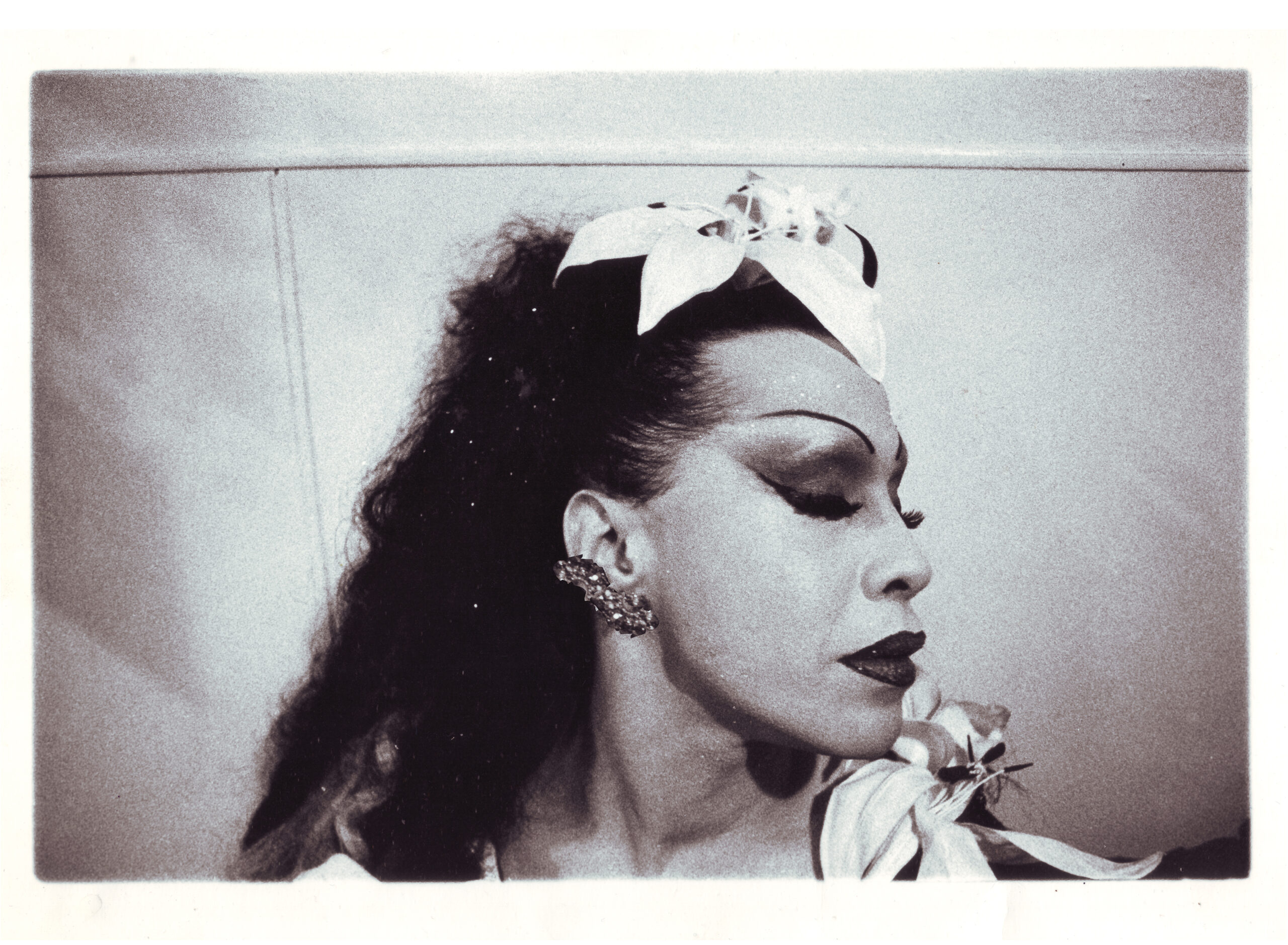
This fall, the world lost a bright light in HIV and trans activism and community care with the passing of Ms. Adela Vázquez, who founded and facilitated a group for trans Latina women over 50 at San Francisco AIDS Foundation in recent years.
“She showed that advocacy could be joyful, that activism could be fabulous, and that one person’s courage could light the way for many,” said writer Julián Delgado Lopera, Ms. Vázquez’s chosen son.
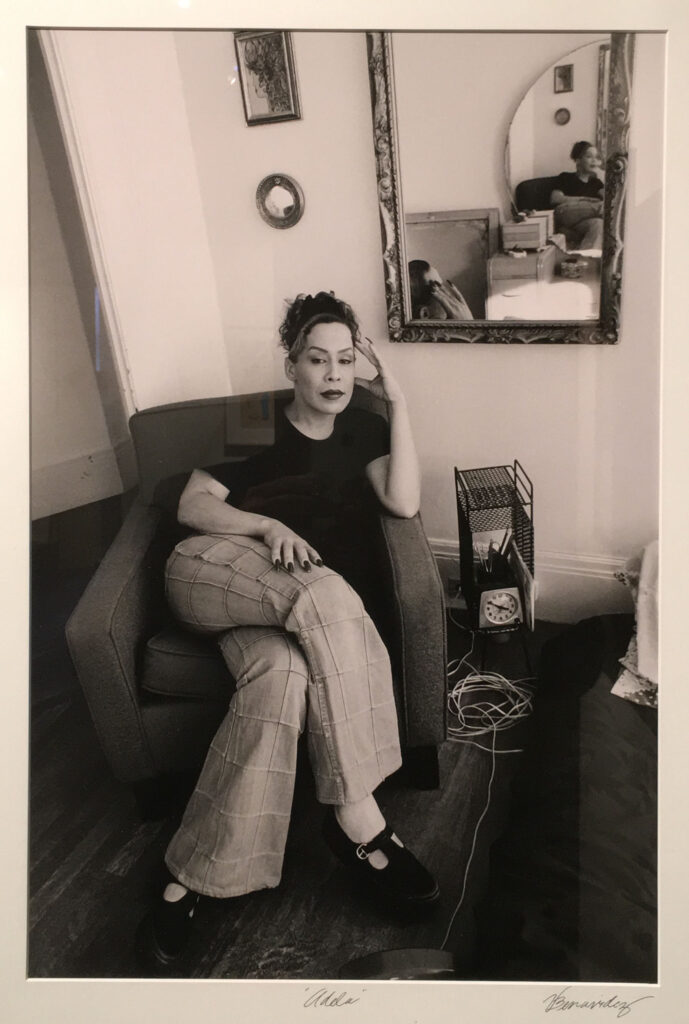
“I know that 50 y Fabulosas held great significance for Ms. Adela in the last chapter of her life,” said Jam Chen, senior program coordinator for Aging Services at SFAF. “We want to celebrate her legacy, and uplift everything that she has brought to our communities.”
Chen and Vince Crisostomo, director of aging services, explained that the idea for 50 y Fabulosas came out of the needs assessment with TGNC people over age 50 conducted by SFAF in collaboration with Gender Health SF and San Francisco Community Health Center in 2022. One of the findings was that there are not enough spaces for Spanish-speaking trans Latinas who are older. The aging services team worked with Gender Health SF to establish a community group, which Ms. Vázquez began attending. When the original facilitator needed to step back, Ms. Vázquez readily began facilitating.
“She held relationships with so many in the trans community–over decades,” said Chen. “She brought so many new people to the group, and it became a lively space for discussion, for sharing resources, and for forming and deepening relationships.”
As Ms. Vázquez also told KQED last year while discussing her support group: “Sometimes we talk; sometimes we eat; sometimes we cry. I don’t think transgender people over a certain age have a lot of representation… So now they have a place.”
Born in Cuba, Ms. Vázquez was among the 125,000 people who sought asylum during the Mariel Boat lifts in 1980. Her journey to living powerfully led her through Florida, Arkansas, and Dallas, before finally finding her true home in San Francisco in 1983. It was in the City by the Bay where Ms. Vázquez would bloom into the fierce advocate and beloved community leader she was destined to become.
By the 1990s, HIV infection rates among transgender women were among the highest of any group, with studies showing rates as high as 27.3% among transgender women, and Black and Latina women were disproportionately affected, representing 72% of women diagnosed with AIDS despite making up only 19% of the total female population. Acknowledging the devastating impacts this had on our community, Ms. Vázquez wanted to do something about the transgender individuals who were clearly being overlooked, underserved, and misgendered in healthcare settings.
“I found the transgender people were unhappy in these places because they were not represented,” Ms. Vázquez told KQED just last year. “They knew that they didn’t have a voice in the community yet. So I thought to myself, ‘I need to get involved with it.'” Having won the title of Miss Gay Latina in 1992 became a turning point in Ms. Vázquez efforts to advocate for transgender women. This victory wasn’t just about glamour – it became her launching pad into health advocacy, particularly as the AIDS crisis tightened its grip on our communities.
In 1993, as San Francisco grappled with evolving definitions of disability and employment rights, Ms. Vázquez emerged as a powerful voice against institutionalized discrimination. When the government began removing transgender individuals from the workforce by classifying them as disabled, Vázquez stood at the forefront of resistance, challenging a system that sought to pathologize rather than protect her community.
Her protest marked a crucial moment in transgender rights history, highlighting the intersection of disability rights and gender identity in workplace discrimination. As one of the first openly transgender Latinas employed to address social issues in San Francisco, Ms. Vázquez understood intimately how such policies could devastate her community’s economic stability and dignity. Her activism that year helped lay the groundwork for future anti-discrimination protections, including landmark legislation designed to protect the transgender community in San Francisco from discrimination in employment, housing, and public accommodations.
Later, in San Francisco, she co-founded Las AtreDivas, a performance group that transformed late-night shows at the gay Latinx bar Esta Noche into educational platforms about safer sex. The group’s innovative approach to HIV prevention combined entertainment with public health messaging, a model that would influence future outreach efforts. This work naturally led Ms. Adela to San Francisco AIDS Foundation and 50 y Fabulosas, which shaped her last year of life.
Julián, her chosen son, will always remember her for her Cuban cooking, faithful gardening, practical fashion tips, and unfailing warmth. “She was one of the people who was breaking ceilings,” he said.






